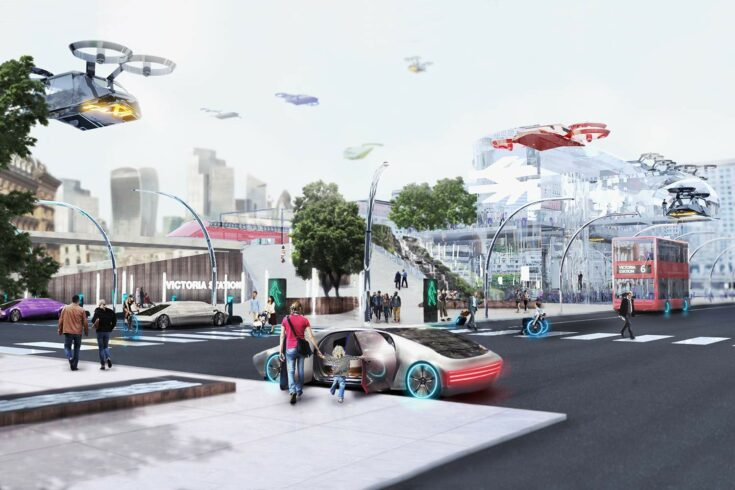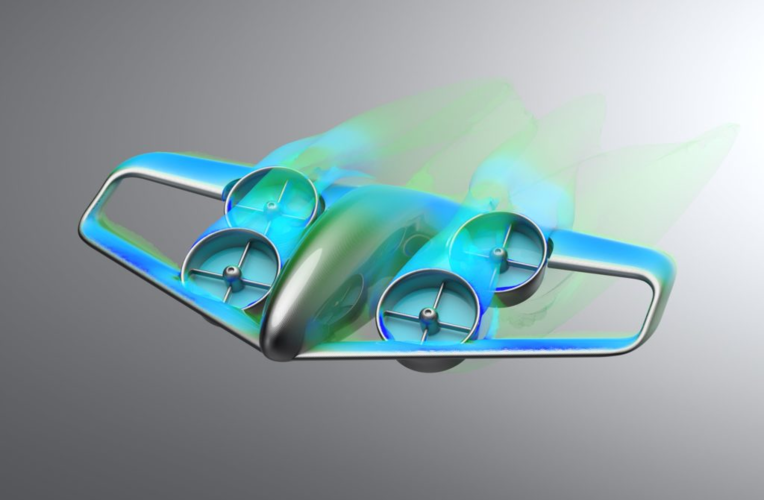- Joined
- 9 October 2009
- Messages
- 21,147
- Reaction score
- 12,249


Future flight challenge
This challenge will transform how we connect people and deliver services using new classes of electric, hydrogen and autonomous air vehicles.

GKN Aerospace to accelerate sustainable technologies in Future Flight Challenge - Aerospace Manufacturing
GKN Aerospace is helping develop the next generation of sustainable technology through three ground-breaking collaborative programmes as part of the Future Flight Challenge.
The Future Flight Challenge is a four-year, £125m ISCF programme from UK Research and Innovation to develop more sustainable aviation solutions. The current phase is focused on the development of integrated aviation systems that enable new classes of electric or autonomous air vehicles.
With 15 collaborators and an initial investment of £4.5m, the programmes focus on electrification, unmanned commercial flight and more sustainable regional aerospace solutions to drive connectivity. The programmes maintain the UK’s position at the forefront of technology development targeting the decarbonisation of the industry.
Skybus – Skybus explores a novel transport network, based on large electric Vertical Take-Off & Landing (eVTOL) vehicles capable of carrying between 30-50 passengers each, taking the “Park and Ride” concept into the air for mass transit over extremely congested routes thus eliminating the two-dimensional constraints of current surface transport modes including cars, trains and buses. This will not only offer direct benefits in reduced travel time at affordable fares but also reduce the congestion on current ground transport vehicles thus reducing overall travel time for all passengers travelling on these routes regardless of their chosen mode of transport. Skybus is led by GKN Aerospace with the following partners: Swanson Aviation Consultancy, Pascall+Watson and Connected Places Catapult.
Safe Flight – As unmanned and autonomous systems evolve at pace, uncertainty remains around how to integrate autonomous systems in shared airspace in a safe manner. This proposal addresses technological challenges, in terms of the integration of a range of cutting-edge technologies in real-world use case demonstrations, but importantly it also looks at the underpinning business need of a clear route to certifiable aircraft systems and approved operations. Safe Flight is led by GKN Aerospace with the following partners: University of Bath, 3UG Autonomous Systems and Callen-Lenz.
NAPKIN – NAPKIN will model and pilot a UK-wide domestic sustainable aviation network promoting zero carbon emissions, connectivity where surface infrastructure is lacking as well as UK business growth and competitiveness. NAPKIN is led by Heathrow Airport, in collaboration with GKN Aerospace, Rolls Royce, Highlands & Islands Airports, Deloitte, Cranfield Aerospace Solutions, London City Airport, University of Southampton, University College London and Cranfield University.

